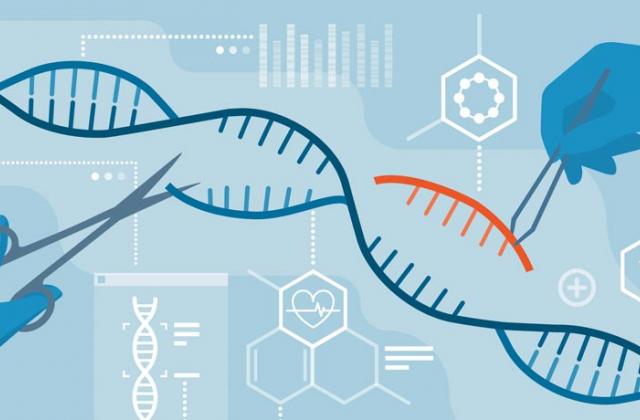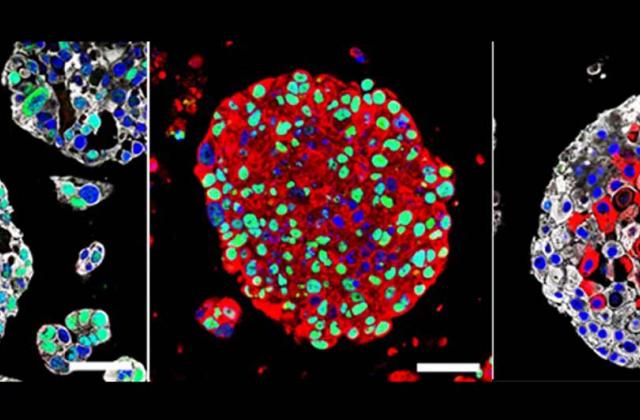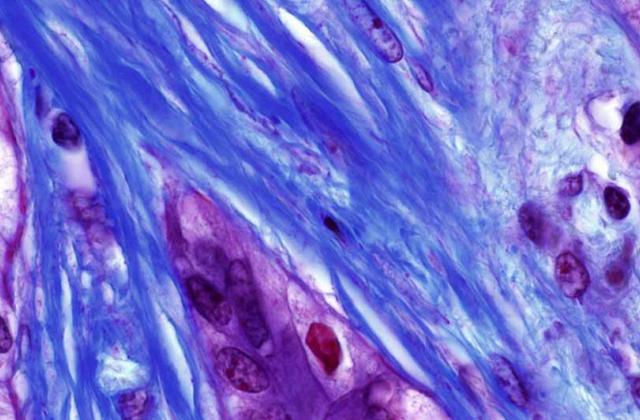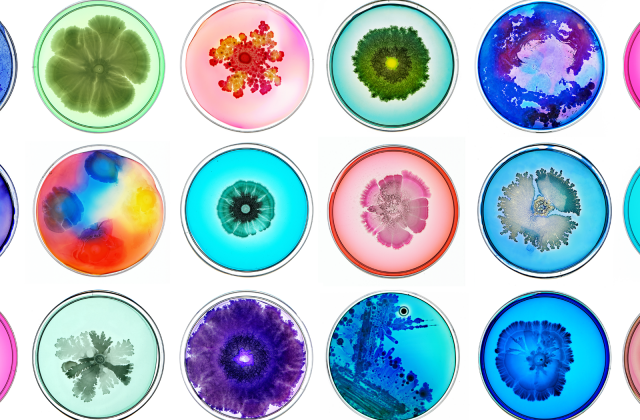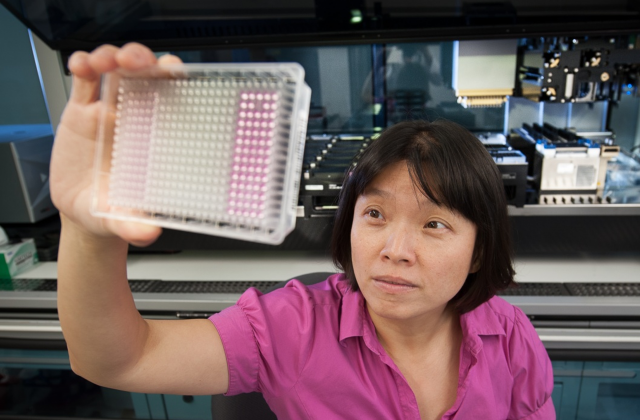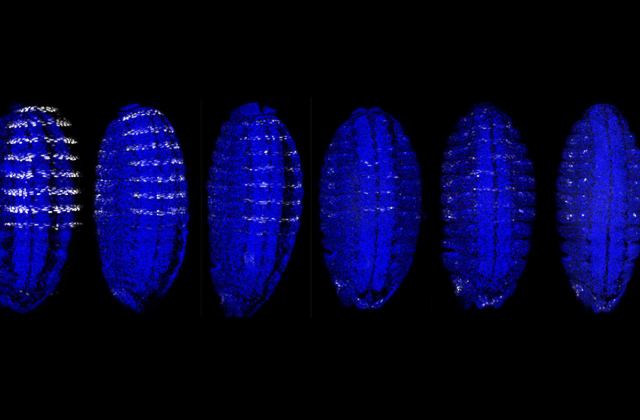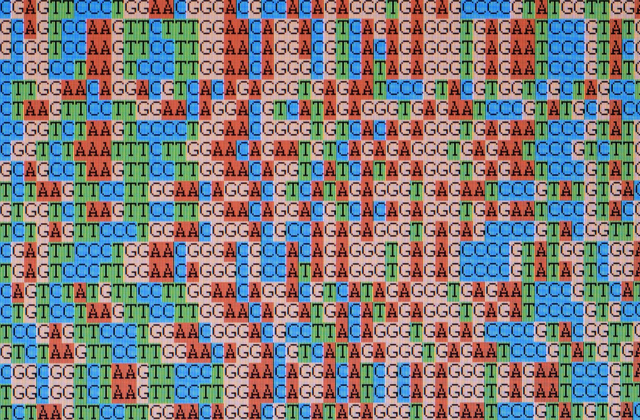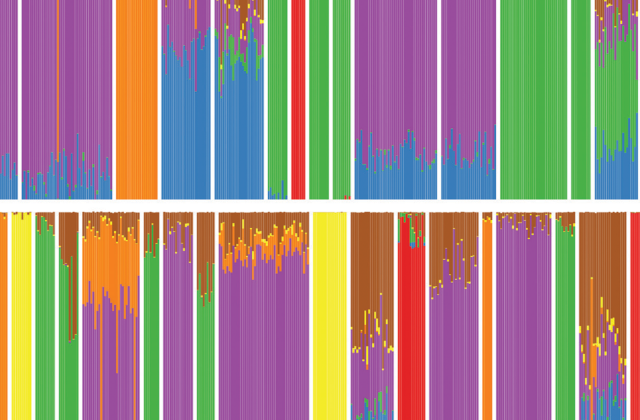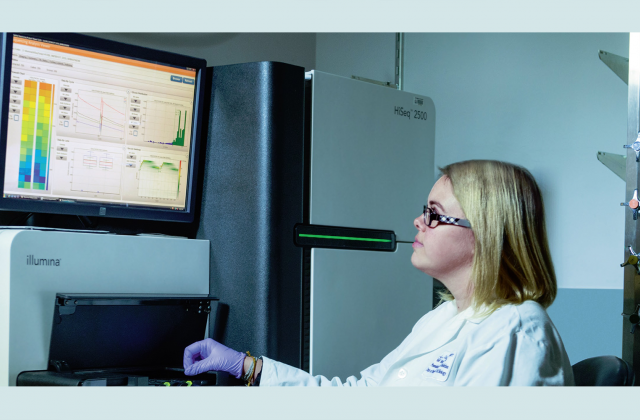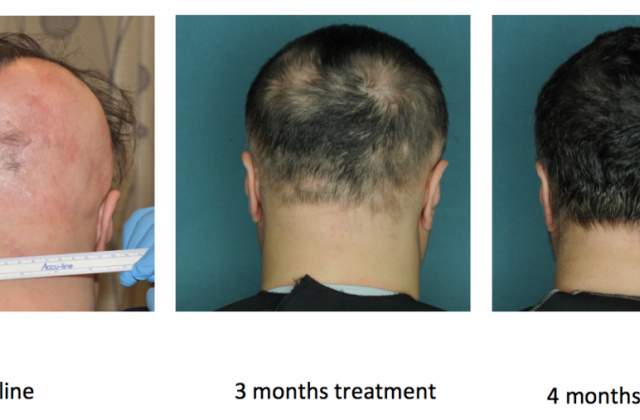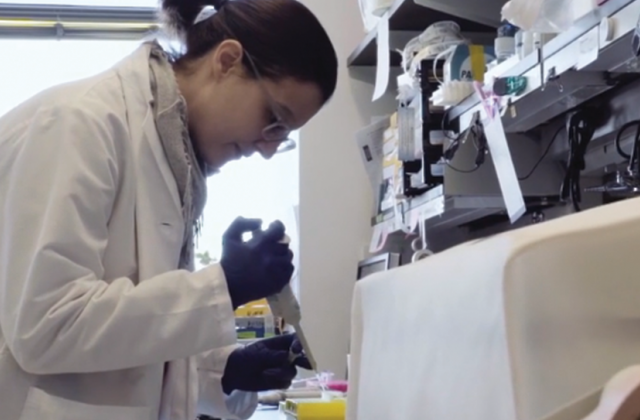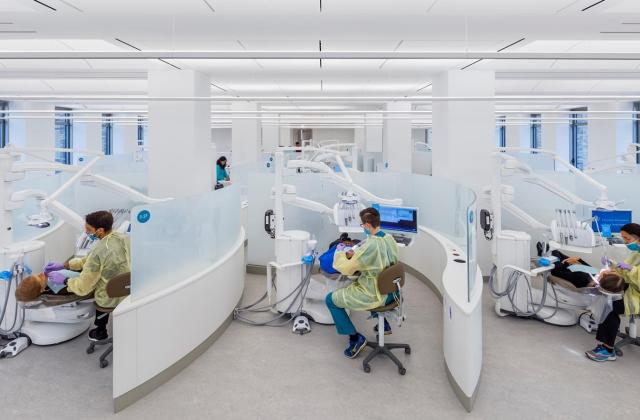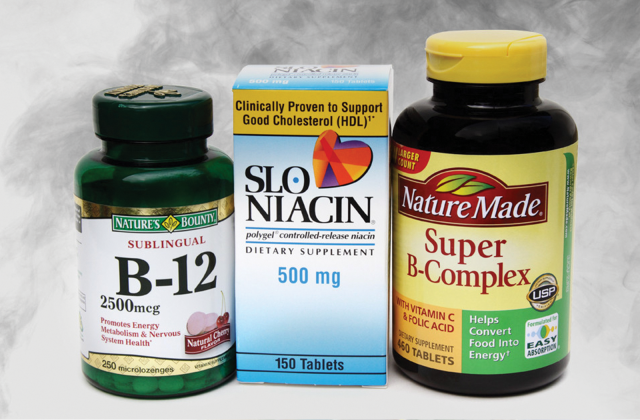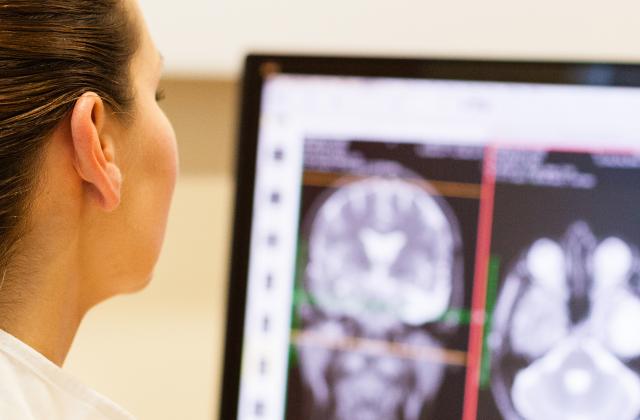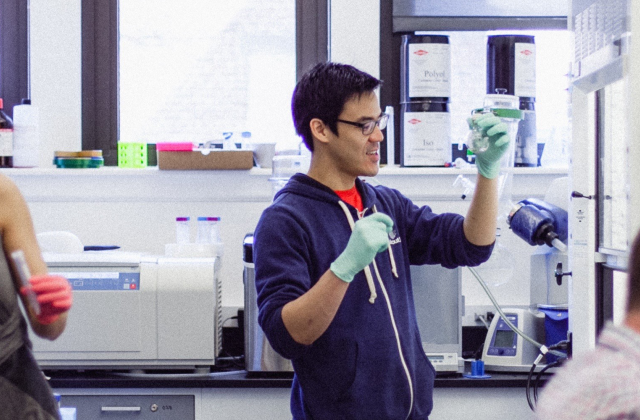With the mapping of the human genome and other recent scientific advances, we can now sequence the genome of each individual patient. Scientists and doctors are beginning to harness the power of genomic sequencing to make treatment as patient-specific and precise as possible. Improved capabilities to gather and analyze vast amounts of data are leading to new diagnostic methods and to the identification of new applications for existing drugs. And data analysis is also providing new perspectives on the critical relationship between an individual’s health and her genome, environment, and lifestyle.
What do we know about a patient before she walks through the door? What are the particular molecular characteristics of her specific disease? How will it respond to treatment with the therapies available? What will the medications’ side effects be for her? And how will we handle the ethical and social questions that new targeted therapies may raise?
Precision medicine will help us answer these and other vital questions, making it possible to provide the right drug at the right dose at the right time for more patients every day.
Although we have technology that enables rapid genomic sequencing at ever lower prices, the process of translating genomic data into biological understanding and clinical treatment is only now becoming possible. Most genetic diseases are complex, involving multiple genetic mutations and pathways—at least 25 genes are associated with ALS, for example. Only through large studies involving many participants can we begin to understand the meaning of each piece of the genome, in turn giving us the power to translate the growing amount of raw genomic data into actionable scientific discovery.
As precision medicine becomes integrated into clinical care, it is vital that we address crucial ethical, social, and legal questions. Who will have access to new, life-saving technologies? Will having a certain genetic profile lead to discrimination? How do we distinguish between disability and human variation? Can we guarantee that an individual’s genetic data remains private?
With the capacity to heal the human body in new ways, we have a responsibility—to ourselves and future generations—to match breakthroughs in technology with perspectives that encompass the full human being.
The Columbia Precision Medicine Initiative brings together medicine, genomics, data science, and the core science and engineering disciplines. Together, Columbians are using a whole-system approach in understanding how diseases work to develop drugs that target pathways regulated by multiple genes. Columbia researchers are applying sophisticated mathematics to vast data sets, leading to new insights in cancer, neuroscience, biology, and more.
Columbia’s Precision Medicine Initiative does not stop there. Faculty and students in social sciences, humanities, law, and business are working together to understand and address complicated societal questions through Columbia’s Precision Medicine and Society Initiative. Enriched by these perspectives, Columbia is identifying and addressing ethical concerns such as inequalities in representation and access.
Columbia commits to realizing the promise of precision medicine, transforming the way patients are diagnosed and treated while revolutionizing our understanding of human biology and the relationship between an individual and society.
From enabling targeted cancer therapies to understanding and treating complex genetic diseases such as ALS and Alzheimer’s, precision medicine represents a fundamental revolution in healthcare and a new way of thinking about human health.
Percent of pediatric cancer patients at Columbia have their tumors sequenced
Genes in a single person
Day to sequence a person's genome


